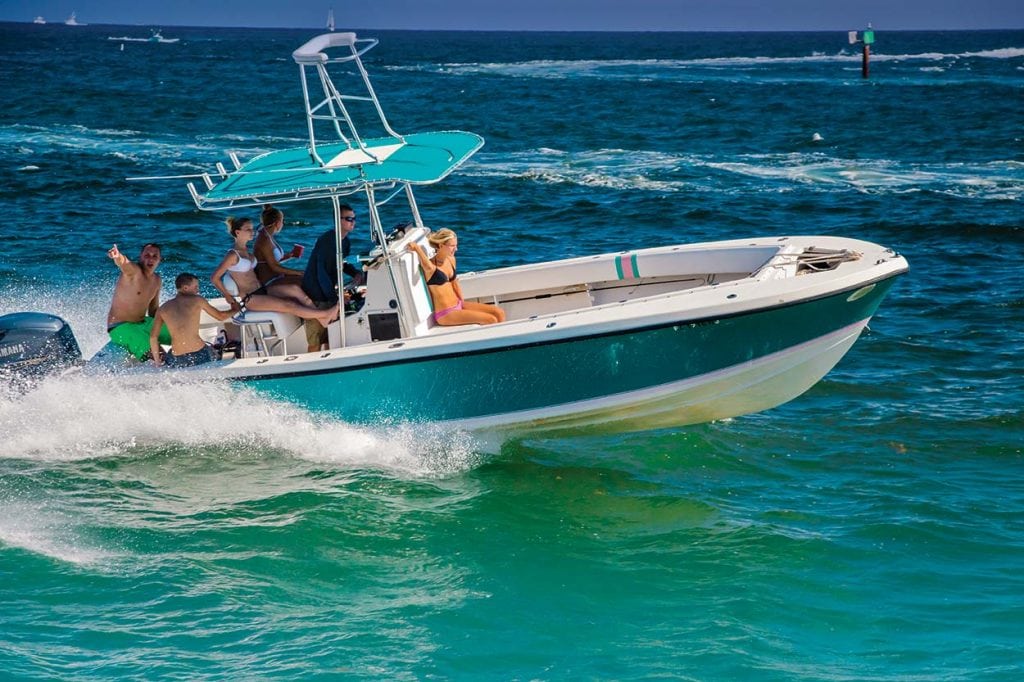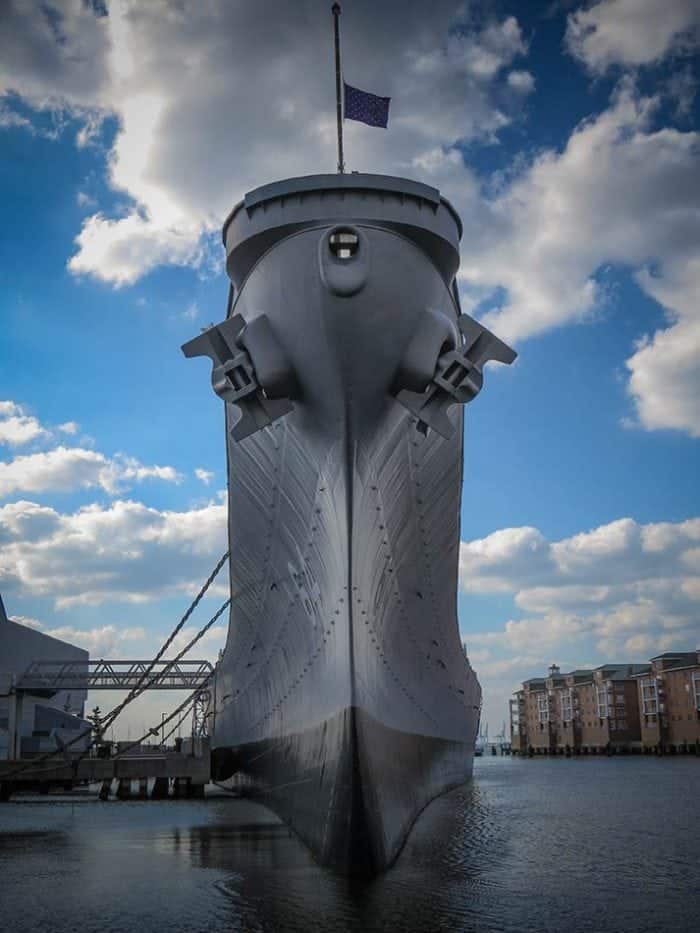How to talk safety with guests before you leave the dock.
When it comes to having an enjoyable time out on the water, ensuring the safety of your passengers is paramount. As summer progresses and days grow warmer, the arrival of the weekend signals the perfect time to capitalize on one of the many pleasures of boat ownership: to invite friends and family aboard for a day of carefree cruising. What’s better than taking the helm and treating your guests to that specific kind of fresh air that only comes from a salty breeze?
Adhering to safety regulations and establishing safe boating practices is one of the most important ways to help your guests enjoy their experience. Accidents happen no matter the age or degree of competence of the skipper, and having a predetermined understanding of the waterway rules may help avoid incidents.
As the skipper of the boat, you have a unique responsibility not only for the safety of all passengers, but also for that of nearby boats, individuals in the surrounding waters (such as swimmers, divers, etc.) and anyone who may be impacted by your boat’s wake. It’s important to learn how to manage this responsibility without taking away from the enjoyment of being out on the water.
So now that you’ve ensured the vessel is in working order, double-checked your safety gear and refilled the cooler, are your passengers aware of their own onboard responsibilities? Guests should be briefed on how they can positively contribute aboard the boat. Before casting off lines, take any passengers unfamiliar with the boat on a tour around the vessel. Show them where you keep the safety equipment, such as PFDs, throwables and the fire extinguisher, and also explain docking plans. These extra steps could save a life in the event of an emergency or if the skipper is suddenly incapacitated and/or unable to man the helm.
Before the excursion, preparing a list of tips and guidelines for your guests helps them understand the rules of being on the deck. Make these tips as silly or straightforward as you want as long as they convey the proper message and necessary information to guests. Use these as a guide:
Keep distractions to a minimum.
In order to effectively steer the boat, the skipper must remain focused on his surroundings. According to the U.S. Coast Guard’s (USCG) Recreational Boating Statistics, operator inattention was the primary contributing factor of accidents and casualties nationally in 2014 with approximately 600 incidents recorded. Guests may easily avoid unnecessary distractions, which could help reduce the number of incidents. We’re not suggesting to turn off the music or stop socializing; however, it might mean that the skipper needs to wait to view that funny video your friend posted on Facebook until the boat is docked.
Pay attention to surrounding area.
All passengers should keep an eye out for oncoming boat traffic and feel free to speak up to the skipper about any concerns. It’s probable the skipper sees that looming megayacht or quick-moving cigarette boat approaching, especially in crowded areas like the ICW, but it won’t hurt to speak up and share your concerns, anyway. After all, distractions ensue slyly and a quick shout may help get the skipper’s attention back on the water.
Properly stow away all personal items.
Provide specific instructions for your guests before they arrive or don’t be surprised when they show up at the dock with four bags full of towels, spray-on sunscreen, three extra outfits, and an extra-large cooler. With limited space on board, it’s important to disclose what guests should bring and what is provided ahead of time so they may pack appropriately. Along the same vein, prepare your guests to wear weather-appropriate attire. Keep in mind that even a hint of rain means you have to find room for multiple raincoats brought as a preventative measure, which is difficult when space is limited. Show guests where to neatly stow away their personal items to keep walkways clear.
Wear proper footwear.
Although many cruisers go barefoot while out on the water, wearing non-skid shoes on deck helps prevent the potential for slips and falls. Guests without much on-the-water experience especially benefit from this policy as it aims to reduce the number of onboard injuries. Slipping and falling on a moving vessel was ranked among the top factors in the USCG Statistic report regarding bodily injury incidents. Wearing appropriate footwear is a simple solution to keep guests upright and having fun.
Consume alcohol responsibly and in moderation.
Obviously, excessive consumption of alcohol is extremely dangerous in any situation. Alcohol abuse aboard a vessel results in dozens of deaths each year. Communicate the limits to your passengers before cracking open a bottle so everyone may have a good time and relax while underway, especially the hosts.
By Susanna Botkin, Southern Boating
July 2016














